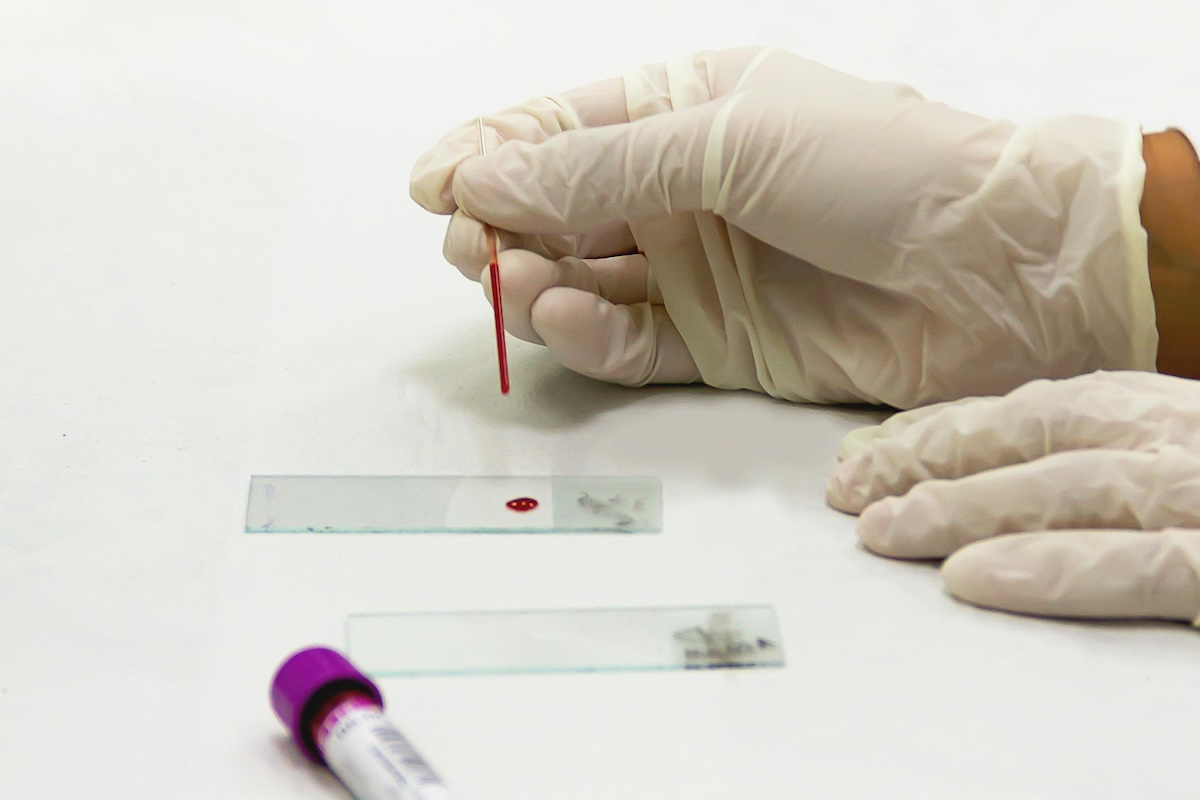What is the endgame for HRT? How do I know when I am done with it? How long is the maximum amount of time I should take it? Should I hold off if I think I might be early in my perimenopause journey to avoid being on it for too long (e.g. a decade)?
—Tired and Sweaty but Curious
One of the many changes in how we prescribe hormone replacement therapy (HRT) that came out of the Women’s Health Initiative was the recommendation that women should take HRT for no more than five years. This was based on the fact that the small increase in breast cancer in the estrogen-plus-progesterone group of the study became apparent after five years of treatment.
As a result, there was a sense that when you started HRT, you were starting a clock. When the clock hit five years, you had to stop HRT, no matter what. In reality, that is often not what happened. If women tried to stop HRT and experienced symptoms, they often resumed HRT.

Recently, a new study regarding the safety of HRT in older women was published. The authors used Medicare records to identify women over the age of 65 and determined whether they were taking HRT or not. They suggest that, based on current prescribing patterns, the women taking HRT likely began doing so around menopause.
In women over age 65 taking just estrogen, the researchers noted reduced rates of mortality, breast cancer, lung cancer, cardiovascular disease, and dementia compared with women not taking HRT. Women taking estrogen and progesterone — those of us with a uterus need both — saw reductions in endometrial cancer and ovarian cancer as well as heart disease compared with women not taking HRT. There was an increase in breast cancer among women taking oral estrogen but not in women taking transdermal estrogen.
In general, the authors found that lower doses were associated with greater benefits than higher doses, estradiol is safer than conjugated equine estrogens, and transdermal estrogen is safer than oral estrogen.
Because the study is a retrospective analysis, we should be careful about drawing too many conclusions about causality. There may be many reasons the women who did not take HRT chose not to, including reasons that might impact their risk for diseases like lung cancer and heart disease. What I do think we can say is that HRT, especially lower doses of estradiol given transdermally or vaginally, is safe for most women for chronic use.
Does that mean we should all be on estrogen forever? Not necessarily. But there shouldn’t be a hard-and-fast limitation on the length of use either. So if you are symptomatic, there is no reason to wait to start HRT out of fear that you might need it more later. You can likely take HRT safely now and later.
Community Guidelines




















Log in
A bit off topic, but what about women who never took HRT at the start of menopause. Should they begin HRT later? Even 10 years after menopause?